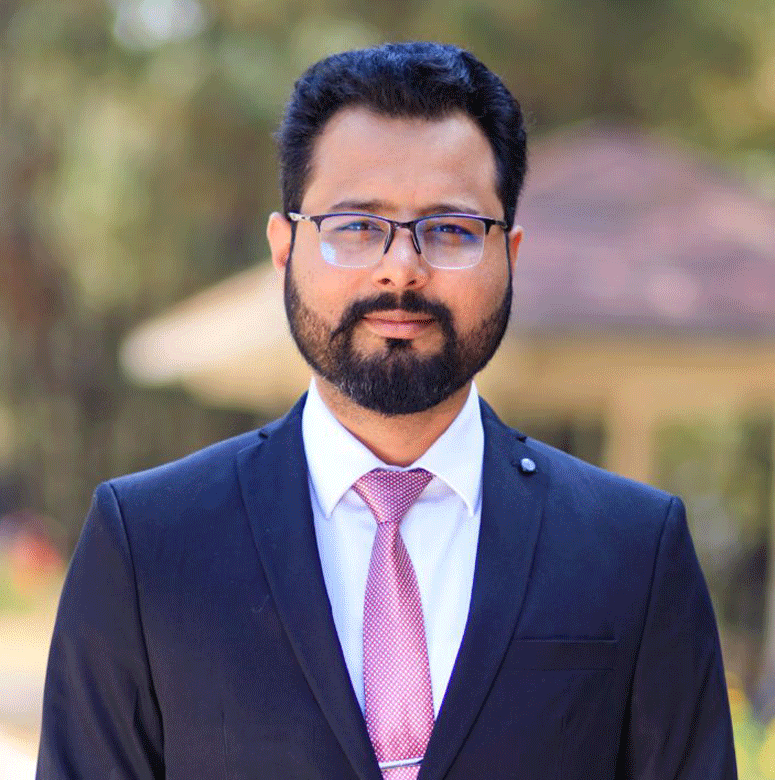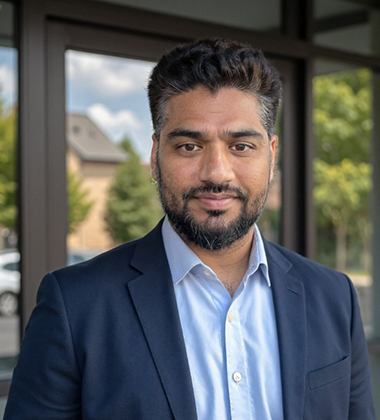How Many Teens Are Addicted to Social Media?

Around 70% of US teens are estimated to be addicted to social media. These figures themselves speak of something serious. Social media addiction is a major concern for mental health care professionals. The reason is its wide impact on the personal and social life of an individual.
By understanding how many teens are addicted to social media, we can take essential measures to protect the coming generations from lasting damage. Let’s have a thorough understanding of this grave issue and effective management plans with Saalvio.
Teens and social media addiction: Key facts
- Approximately 5.24 billion people use social media globally.
- 210 million individuals( 4%-5%) are estimated to suffer from social media addiction.
- About 54% of American teens find it hard to give up social media.
- 51% of teenagers in the US spend at least 4 hours online.
- TikTok, YouTube, and Facebook are the three most addictive social media platforms.
What is social media addiction?
Social media refers to compulsive use of social media. Contrary to casual use, it affects the mental and physical well-being of individuals. As DSM-5 hasn’t recognised social media addiction yet, there is no certain criterion to mark it. But users who spend more than three hours per day on social media are likely to experience negative feelings and self-reported signs.
- The increasing obsession with social media is leading to a neglect of key responsibilities.
- Fear of missing out(FOMO) when not using social media
- Using social media to cope with negative feelings.
- Mood swings from decreased social media use
- Skipping out on social activities for social media
Why do teens get addicted to social media?
Social media addiction is influencing all age groups, but teens are particularly affected. These platforms engage users with endless scrolling and impulsive behaviours. For children and teens, whose brains are still developing, the ever-changing content consumption makes their brains dependent on instant gratification and addictive behaviours.
What is the impact of teen social media addiction?
Research demonstrates that social media addiction resembles drug dependency, stimulating dopamine production in the brain and leading to compulsive behaviour. It has a detrimental impact on the mental health and relationships of addicted users.
- Mental health issues like anxiety, depression, and paradoxical isolation( where connectivity leads to a sense of disconnection).
- Low self-esteem
- Research at San Diego State University revealed that 70% teens who use social media for over 5 hours are at a higher risk of committing suicide.
- These social media influencers can cause appearance-based anxiety.
- Physical health problems like sleep disturbances and binge-eating behaviour.
- Poor academic performance and face-to-face communication skills
- Impaired decision making (enhanced risk-taking behaviour)
How to manage social media addiction in teens?
The problematic use of social media is influencing us in some way. But the good news is that it is 100% manageable with self-help tips and psychotherapy. Certain behavioural therapies are very effective at managing this addiction.
- Cognitive Behavioural Therapy (CBT)
- Dialectical Behavioural Therapy (DBT)
- Motivational Interviewing (MI)
- Group Therapy
How can Saalvio help you?
The goal while managing social media use is to become self-aware of addictive behaviour and keep a check on yourself. At Saalvio, we help you keep track of your activity with practical self-help tools.
Our professionals conduct one-on-one online therapy sessions for teens where they assess your current challenges and improvement and offer evidence-based, customized management plans.
The Bottom Line
Social media addiction stats are skyrocketing with every passing year, especially among youngsters. It is costing us the productivity of young minds. If we don’t address this issue now, it can lead to lifelong consequences.
Talk to a Licensed Therapist
Connect with certified professionals who are here to listen and guide you through life’s challenges.


